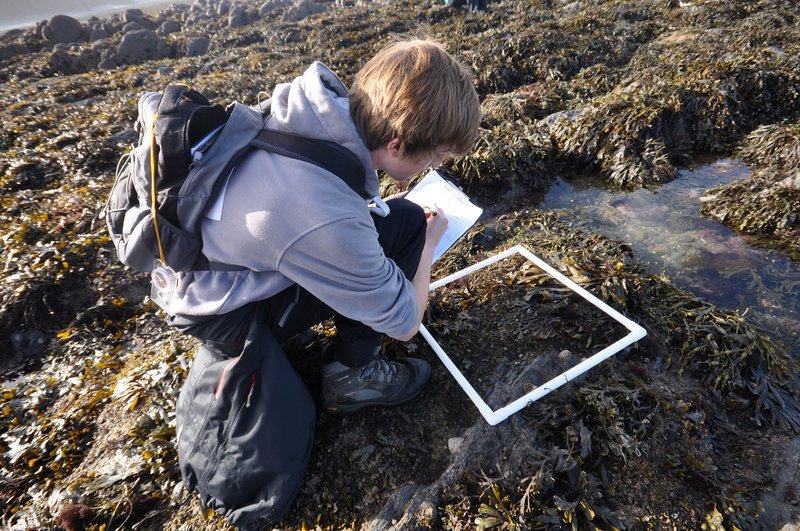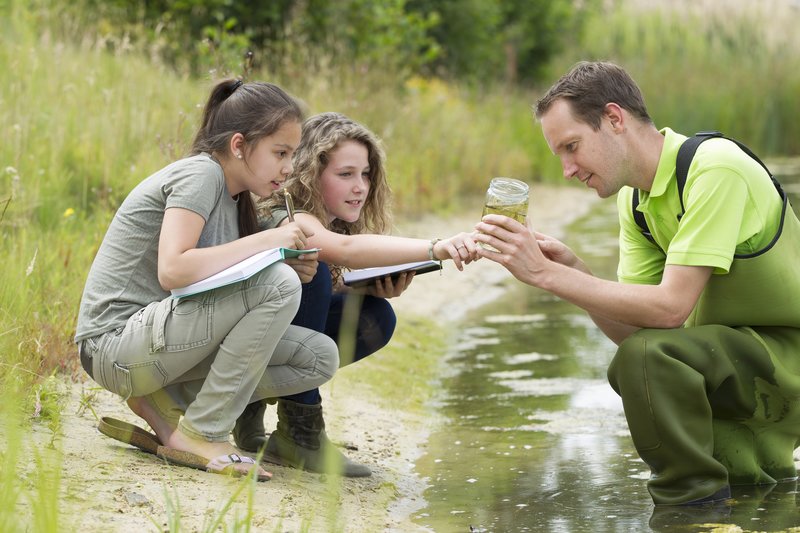
We aim to give food for thought as well as inspiring your creativity and providing practical
ideas you can’t wait to implement in your own settings!
Find your Feet on National Fieldwork Fortnight!
There’s no better way to ignite pupils’ geographical curiosity than by throwing yourselves into some thoughtful fieldwork. As well as developing an array of key skills, such as observing, measuring, recording and presenting findings related to space and place, fieldwork is sure to support you in creating lifelong explorers. With National Fieldwork Fortnight fast approaching, it’s never been a more fitting time to get out into your local environment, whether this is simply around your school grounds or perhaps somewhere far less familiar. To give you a helping hand in really reinvigorating your Geography curriculum, we’ve compiled a list of ideas, suggestions and key points to consider while you plan and undertake your fieldwork.

What is National Fieldwork Fortnight?
National Fieldwork Fortnight, running from the 26th of June to the 7th of July in 2023, is a two-week period dedicated to focusing on all things fieldwork. Organised by the Geographical Association, this event is designed to encourage and enable schools across the country to investigate some truly intriguing geographical enquiries in an outdoor or real-world setting. The theme which has been chosen for this year’s National Fieldwork Fortnight is simply ‘environment’, making it easily adaptable for your own specific school setting and your pupils’ particular lived experiences. While National Fieldwork Fortnight is rooted in Geography, it can be easily linked to learning in a range of other subjects.
How can I make the most of National Fieldwork Fortnight?

1. Take the chance to encourage pupil-led geographical enquiries! National Fieldwork Fortnight is a great opportunity to think outside the box and encourage your learners to consider what they would most like to research. With this year’s ‘environment’ theme, there’s bound to be plenty of interesting suggestions related to your local area and geographical issues the pupils have noticed themselves.
2. If you aren’t able to travel further afield to carry out your fieldwork, think about how to investigate your school grounds in an intriguing new way. National School Grounds Week is also taking place this June, making this idea particularly relevant. Check out Anthony Barlow’s brilliant Key Stage 2 WOW lesson, ‘Investigating water and human impacts: Have elephants come into our school grounds?’, currently available for free, for even more inspiration!
3. Take a collaborative, whole-school approach to National Fieldwork Fortnight! To do this, you may wish to consider how one specific enquiry or even one particular place can be explored differently by each year group across your school. For example, a Year 1 class could simply study the human and physical features found on your local high street, whereas a Year 6 class might research what has disappeared from the high street over the past 50 years.
4. Use your wider school community and parent networks to open up connections to exciting potential fieldwork sites. The location you choose to study could be a supermarket, a farm, a retail park, an airport, a train station, a canal, a nature reserve, a place of worship, a factory or a reservoir. The possibilities are endless!
5. Get creative and use your fieldwork to make some super cross-curricular connections! 2023’s ‘environment’ theme is ideal for making links to your Science teaching. Why not investigate and create biodiversity-based maps of species you can spot within your school grounds? There’s lots of amazing apps to help with this sort of fieldwork, such as the Mammal Society’s Mammal Mapper and the Woodland Trust’s Tree ID app, supporting the development of computing skills in the process.